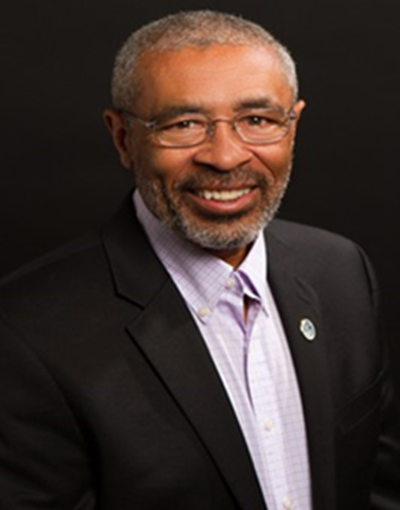Last month’s column started with “It’s hard to become what you do not see.” I’m not sure of its origin but that line seems to ring true. In that column, I tried to point out a few dangerous consequences associated with limiting our options to only what we see. For example, too many of our young people see themselves as becoming professional athletes without ever considering other options. Having options is important.
I want to start this column with another familiar line: “There is so much we don’t know, we don’t know what we don’t know!” I do not remember where I first heard it, but I think about it a lot, especially when I think about the first half of my life.
Growing up as I did in the 50s and 60s in a small town tucked away in the Appalachian Mountains, I thought all black folks—everywhere—were country. I assumed that they knew, like we did, how to grow crops, raise and slaughter animals and how to live off the land. That they owned guns like we did for hunting, and that they knew how to forage for edible roots, medicinal plants and berries. And of course, that they knew how to fish. I was raised around black men and women who were experts at making something out of nothing.
Although the river valley of my youth has changed and those country folks long gone, their wisdom and love for nature and the great outdoors still influences and defines much of who I am today. That upbringing fuels why I am a wellness contributor to this newspaper and a passionate fly angler. Knowing our history is an important part of our overall wellness. Knowing is a journey and not a destination.
I have invested a great deal of time over the years learning about and teaching African and African American History. Some of the best years of my professional life were spent at Eastern Washington University as the director of what was then the Africana Education Program (AEP). After previous decades in academia, that single opportunity allowed me to focus my energy on learning, teaching and sharing our history was a game changer for me personally.
While it is easier these days to find us in the history books, it is still hard to see or imagine us in green spaces and living healthier lives. Nevertheless we are out there and have a long history of being out there. Our earliest ancestors perfected living and flourishing off the land long before Europeans did. They understood how to live in right relationship with their natural world. Unfortunately, the more urban we have become the further detached we have become from the land, the food we eat and from healthy living.
Urban gardens offer an opportunity to reconnect with some of the food we like to eat. Spending leisure time in a city park, hiking a nature trail or standing barefoot in a river can pay huge health dividends.
I had a close friend share his battle with mental illness. He reported that his first major obstacle was dealing with the stigma attached to being a black man admitting that he needed mental help. His wife encouraged him to seek counseling and eventually he began meeting with a therapist. After many sessions without a breakthrough the therapist suggested they meet in a city park. So they did. Short visits in that green space led to longer ones and eventually to nature hikes. Nature hikes eventually led him to standing in a cold mountain stream with a fly rod in his hand. The longer he spent outside, the better he began to feel.
What he shared next will stick with me forever. “Bob, spending time in green spaces and especially standing in a river with a fly rod in my hand, saved my life!” My friend left a career in corporate America and is now a professional fly-fishing and hunting guide living his best life. Although he is a sample of one, I am positive that there are many others like him out there who can identify with his green space and wellness journey. We need to reconnect with our story and with the land we once knew.
Dr. Bartlett is a retired educator. He retired from Gonzaga University in 2007 and Eastern Washington University in 2020.
